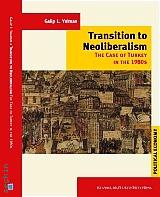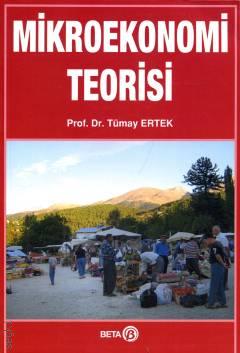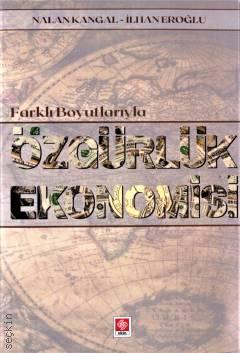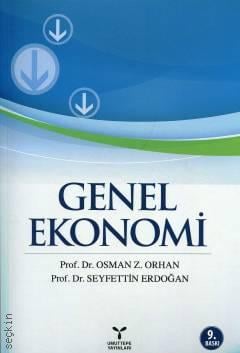
1. Baskı,
Ocak 2010
Kitabın Detayları
Dili:
Türkçe
Ebat:
16x24
Sayfa Sayısı:
446
Baskısı tükenmiştir.
Kitabın Açıklaması
“State” and “market” have come to symbolise not only alternative strategies of capitalist development, but also rival premises upon which dominant classes in different capitalist countries have attempted to build hegemonic strategies so as to maintain various forms of the state and/or regimes. There is also a great deal of confusion about the nature of state–market relations, stemming from the fact that they are usually conceived as separately existing, if not always antagonistic, entities. Hence, there are diametrically opposite modes of explanations which purport to account for the same historically specific phenomena.
After a critical review of empiricist and subjectivist approaches which have provided the theoretical underpinnings of neoliberal hegemony since the 1980s, this book reiterates the indispensability of class analysis for a better understanding of the state and/or the market, and their interrelationship by adopting a critical political economy approach. Thus, the analysis of the relationship between state and bourgeoisie in Turkey is based upon a periodisation specific to the horizons of action for the agents concerned since the foundation of the republic until the end of the 1980s. Accordingly, it identifies the Turkish bourgeoisie as a significant determinant of the economic policymaking process having achieved its class unity in defining its interests at critical turning points.
İstanbul Bilgi Üniversitesi Yayınlarının Ertuğrul Ahmet Tonak editörlüğünde hazırlamaya başladığı Ekonomi Politik dizisinin ilk kitabı olan kitap, devlet ve piyasayı daha iyi anlamak için eleştirel ekonomi politik yaklaşımıyla sınıf analizinin kaçınılmaz olduğunu belirtirken; Türk burjuvazisini de ekonomi politika sürecinin kritik dönüm noktalarında sınıfların kendi menfaatine göre ekonomiyi tayin etmesinde önemli bir belirleyen olarak tanımlıyor.
Kitapla İlgili Kategoriler
Yorumlar
Hakkımızda
|
Uluslararası Yayınevi Belgesi|
Kaynakça Dosyası|
Kişisel Verilerin Korunması |
Üyelik|
Siparişlerim|
İade Politikası|
İletişim


